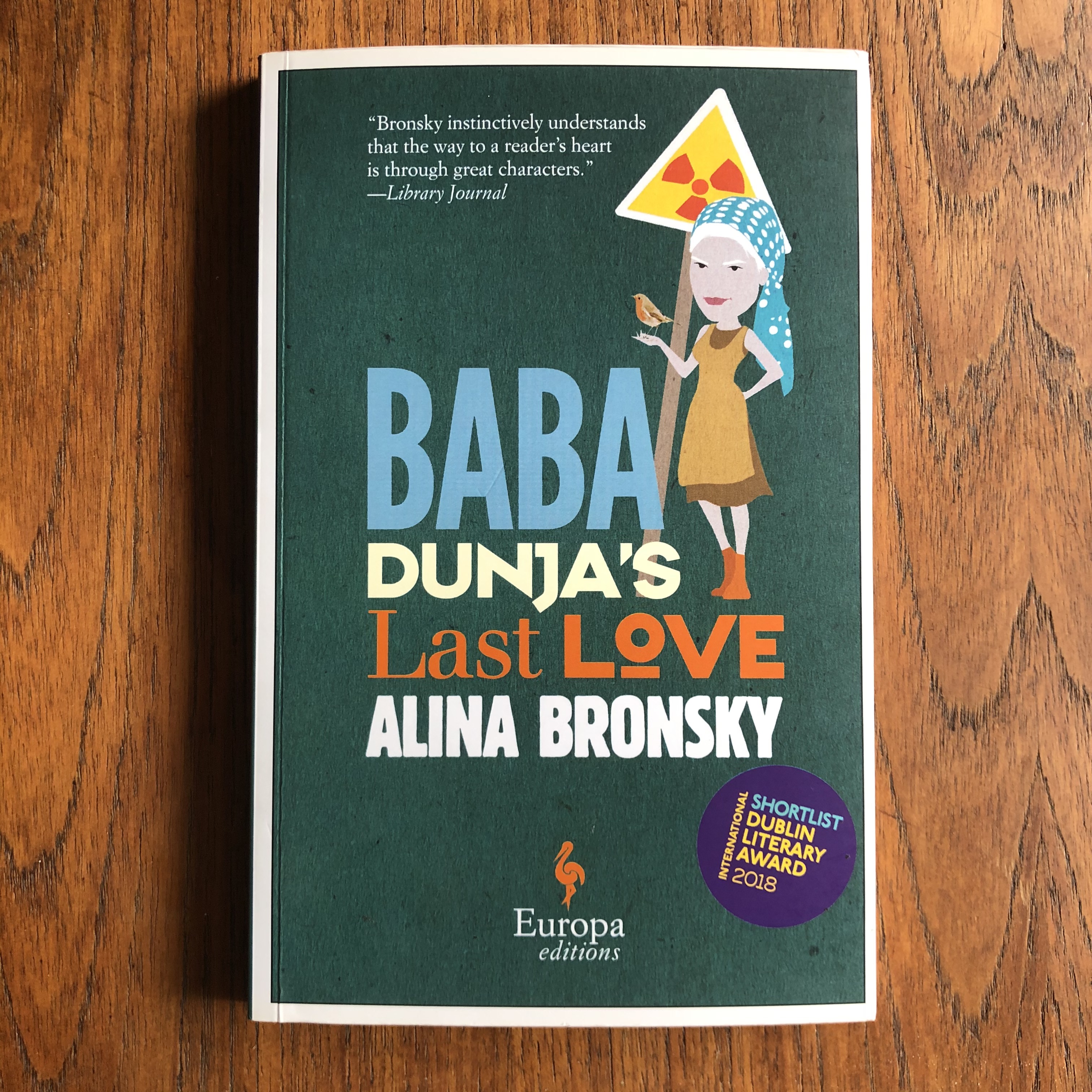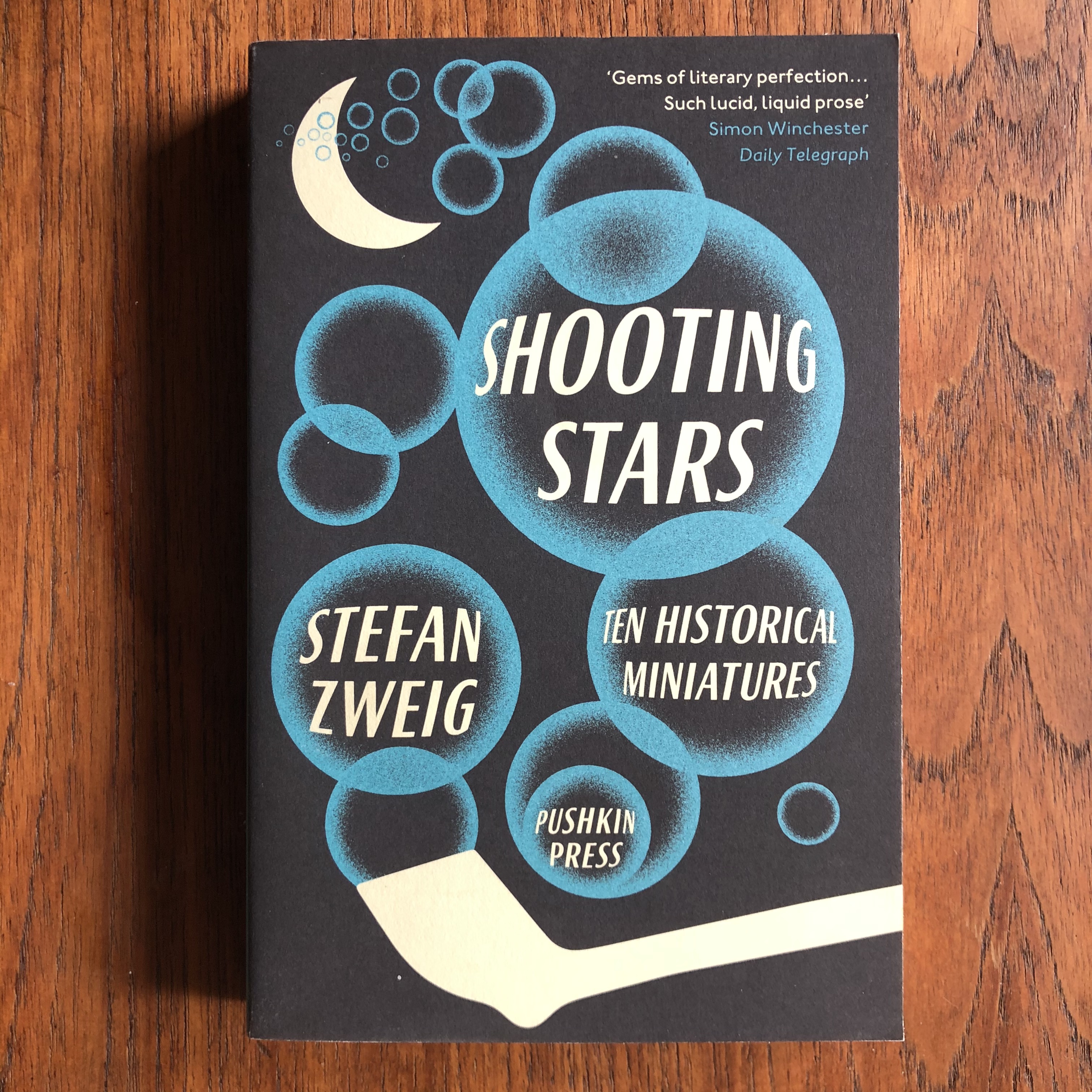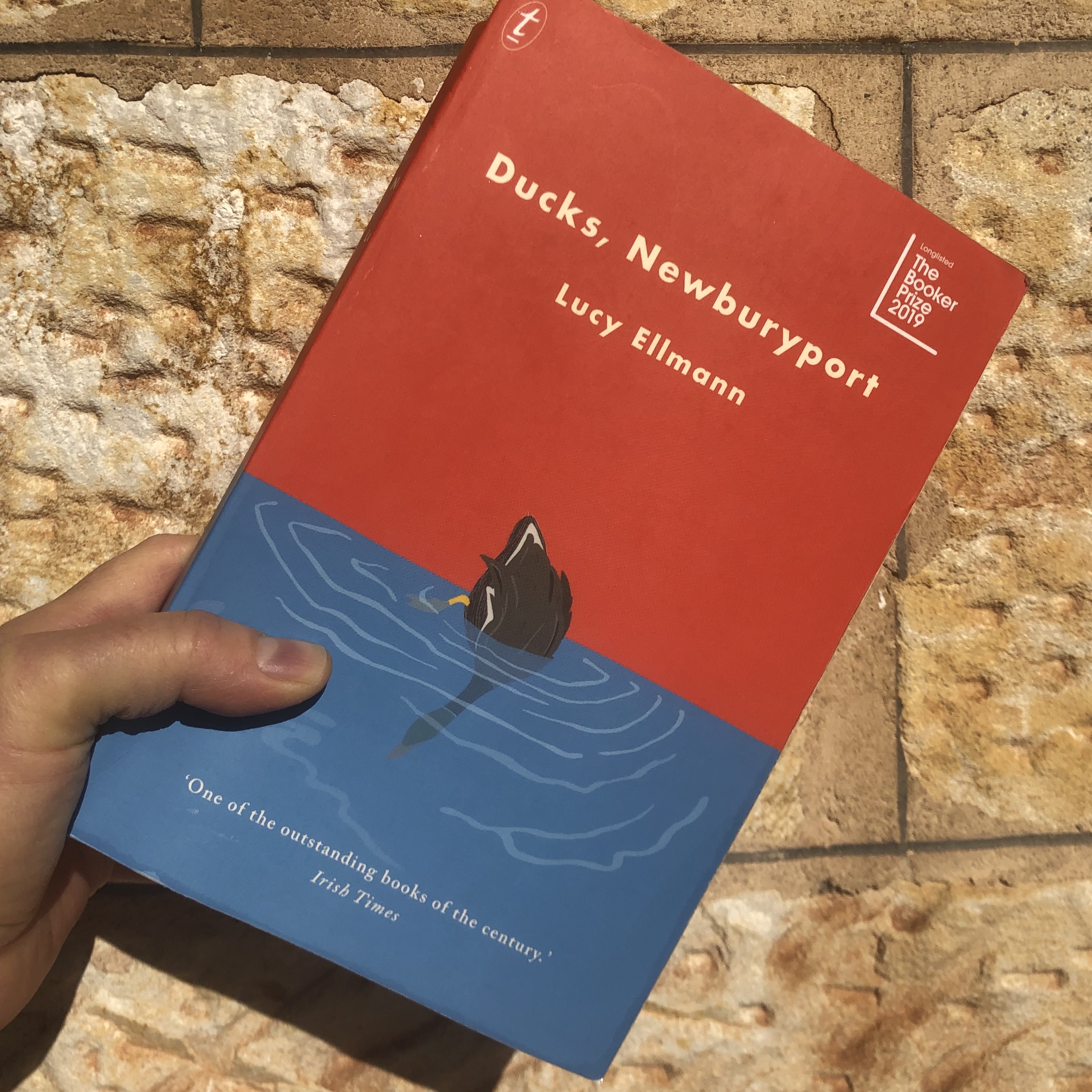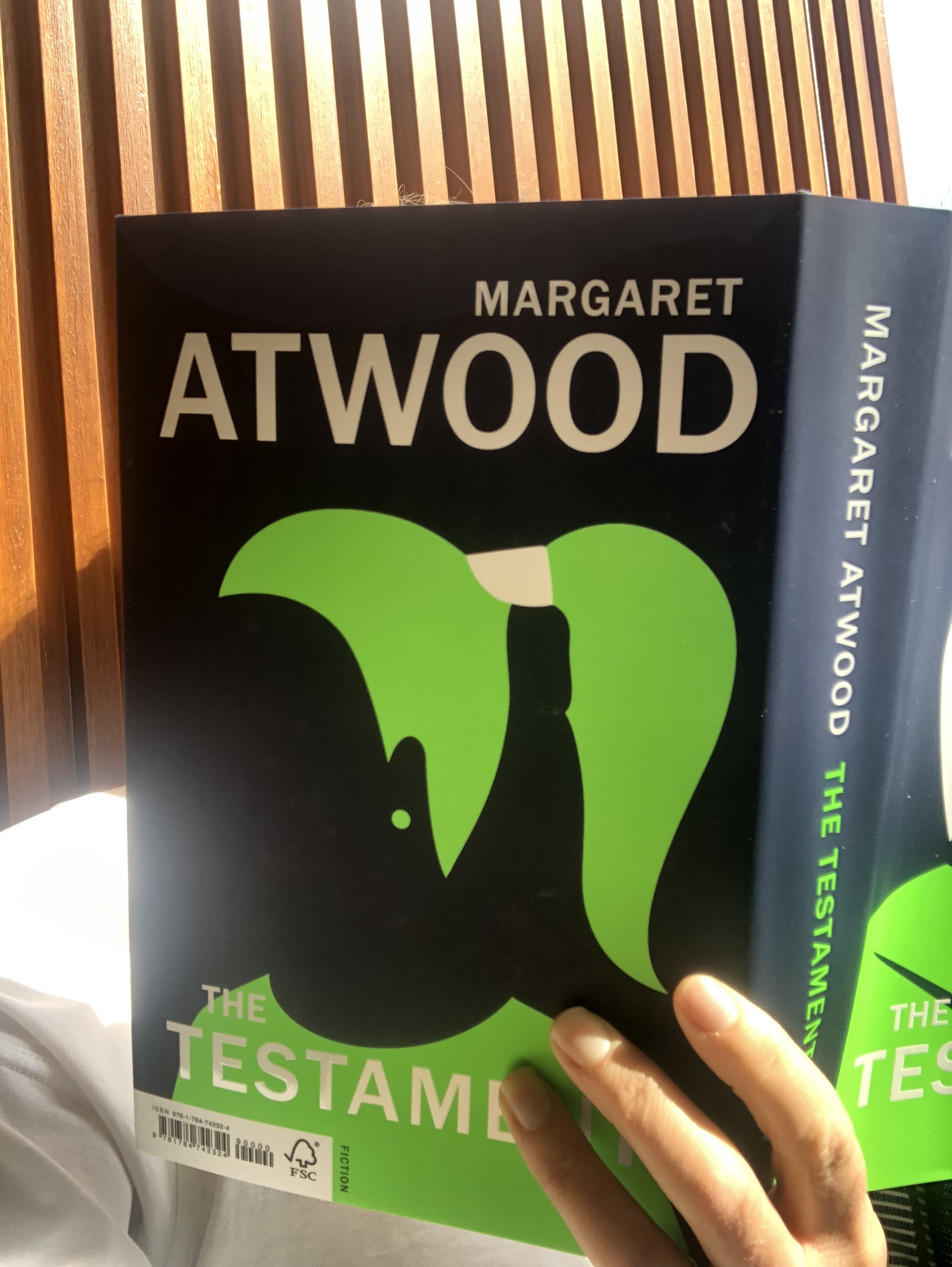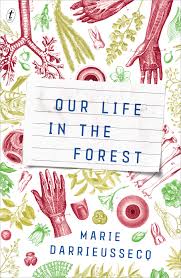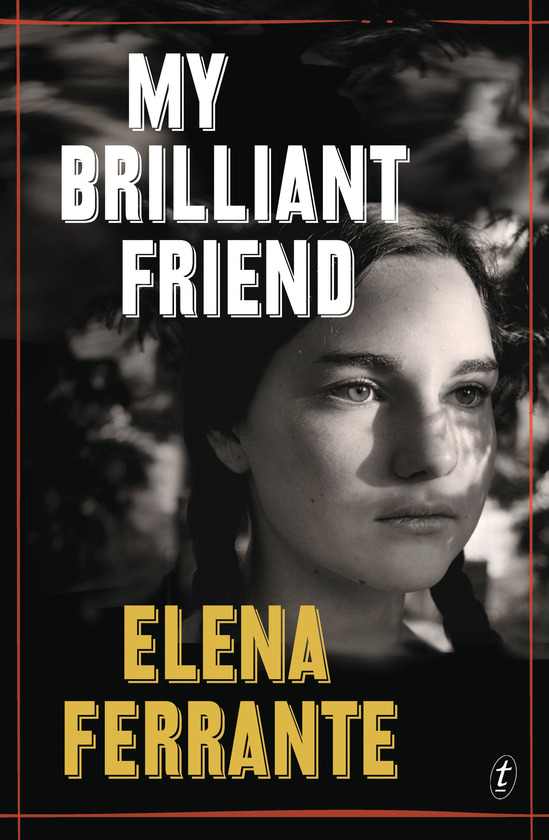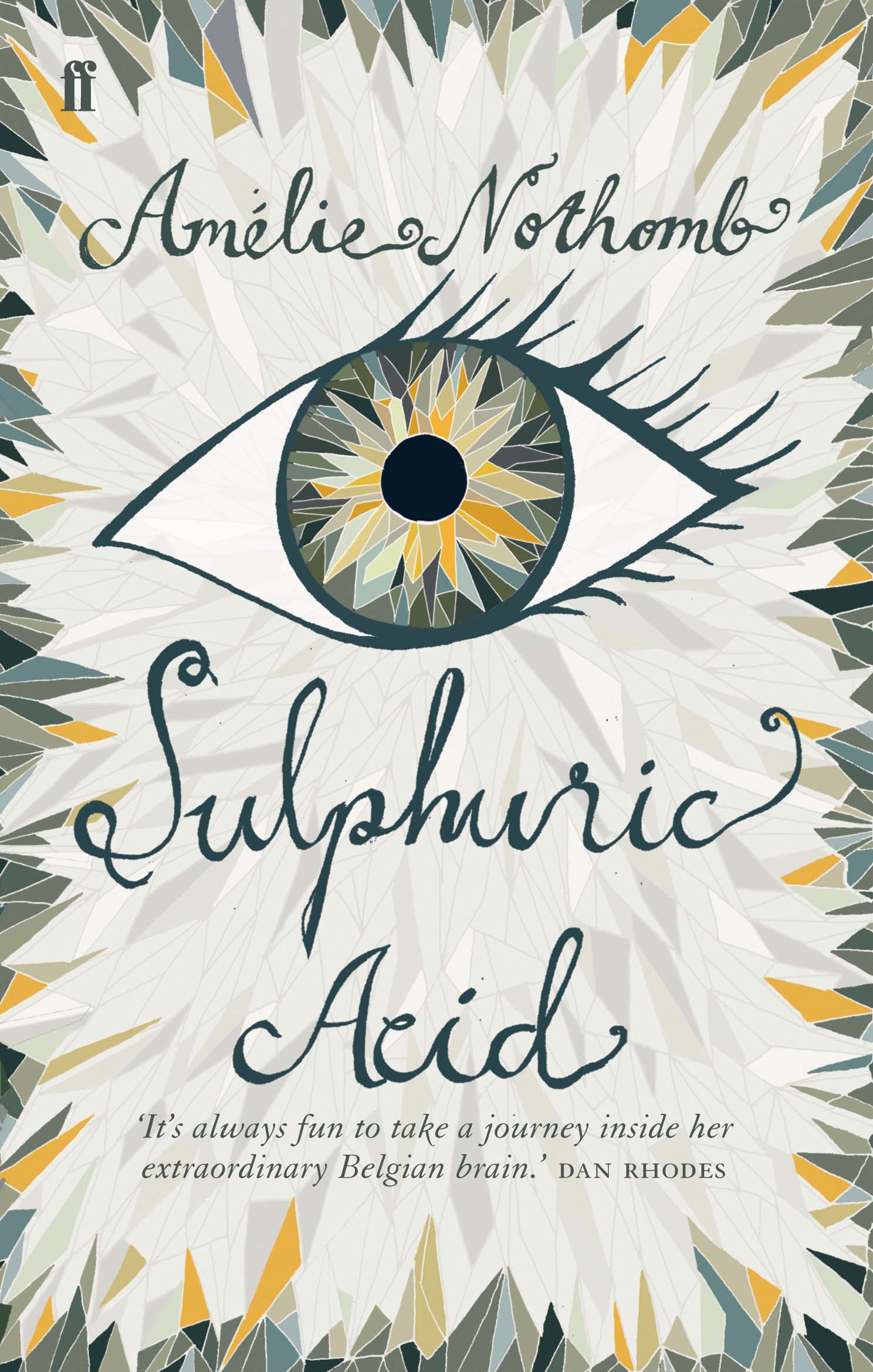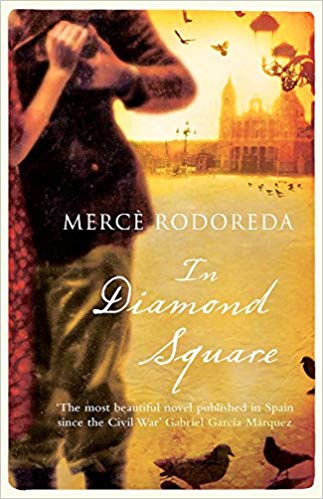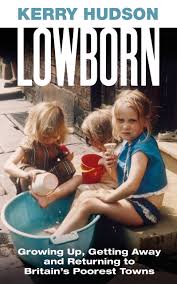I loved MIDDLEMARCH by George Eliot and became so immersed in the provincial life of its sub-title that I was compelled to do a full review.

The Vintage Classics cover. I can’t remember any dragonflies being in the book.
It’s not news that Middlemarch is a great book and doesn’t need a critique from me. I’m 152 years late to this party; the starry reviewers have been and gone. Virginia Woolf called it “one of the few English novels written for grown-up people” and my edition has an introduction by Zadie Smith, dissing Henry James’ review and calling Eliot “the greatest of Victorian novelists.” (Note the use of the word Victorian, though. Smith would like to see more contemporary writers breaking the mould as Eliot did in her day).
But in this age of short attention spans, it’s worth pondering how a book that weighs in at 880 pages kept my attention and transported me to a small English town. How does George Eliot do it? Below are my ad hoc thoughts.
Eliot gives a sense of the place and characters from the first page: “Miss Brooke had that kind of beauty which seems to be thrown into relief by poor dress.” We know immediately that Dorothea is a striking young woman, religious and principled, in contrast with the more “common sense” Celia.
We have a sense that Dorothea will confront her challenges and dilemmas and we’re curious to know what they will be. We’re on her side.
The first dilemma soon arises with the courtship of Sir James Chettam and will be familiar to anyone who has ever been set up with a ‘suitable’ but boring partner.
I was drawn in by the sense of meeting the characters and the crisp prose but also by the tone. There’s a sense of humour underlying the story that gives the writing life, warmth and humanity. Eliot gently pokes fun at her characters while seeing them in a compassionate light. This gives the book a welcoming feel: the reader is in on the secret.
The sly humour and Eliot’s refusal to conform to stereotypes also makes Middlemarch feel fresh. Here she gives society’s view of a woman’s role (but the reader may infer an opposing view):
“Women were expected to have weak opinions; but the great safeguard of society and of domestic life was, that opinions were not acted on.”
The mix of domestic and political events feel real and give texture to the story.
It’s an easy read. Despite the long sentences typical of the day, there is nothing laboured or overwrought in Eliot’s succinct prose. Mr Brooke is described as:
“their uncle, a man nearly sixty, of acquiescent temper, miscellaneous opinions, and uncertain vote.”
She can briefly evoke a mood but also, as in an early scene where Mr Casaubon is showing Dorothea their house, an ominous sense of what is to come:
“What was fresh to her mind was worn out to his; and such capacity of thought and feeling as ever been stimulated in him … had long shrunk to a sort of dried preparation, a lifeless embalmment of knowledge.”
Later, as Dorothea begins to realise that Mr Casaubon’s life work is pedantic and futile, Eliot speaks of her “tottering faith”.
And later still, “it is in these acts called trivialities that the seeds of joy are for ever wasted.”
Needless to say, by this time I was invested in Dorothea, angry on her behalf and glued to the page.
Will is a wonderful foil to Mr Casaubon. He challenges Dorothea’s seriousness, urging upon her that “The best piety is to enjoy – when you can.”
I love the precision of Eliot’s language. A sentence can hint at a whole character. Rosamund, for example:
“Anyone who imagines ten days too short a time … is ignorant of what can go on in the elegant leisure of a young lady’s mind.”
The auctioneer: “in an auctioneering way, he was an honourable man.”
There is also wisdom aplenty in Middlemarch. It comes from unlikely quarters and casual conversations.
Will speaks about poets having
“a soul in which knowledge passes instantly into feeling, and feeling flashes back as a new organ of knowledge. One may have that condition by fits only.”
And Mr Farebrother on character:
“Character is not cut in marble – it is not something solid and unalterable. It is something living and changing, and may become diseased as our bodies do.”
It has been said that Middlemarch has a queer sensibility (and it was adapted into a queer YouTube series). Whether intended to be queer or not, it feels modern and inclusive. Eliot gives all of her characters humanity and avoids conservative ‘happily ever after’ endings. The friendships between Dorothea and Will and Mary and Fred don’t conform to the usual stereotypes. This may be partly explained by Eliot herself having an unconventional relationship with a married man. And Lydgate prioritising science over religion was modern for its day.
She writes beautifully about marriage and the subtle mood shifts and how a loving relationship can end in disillusionment. On the other hand, she also explores the loyalty of a wife when disaster strikes her husband.
And notes that “husbands are an inferior class of men.”
This and other themes in the novel still apply today: the politics and social hierarchies of a small town and how people respond to change. The characters in MIDDLEMARCH are responding to the Reform Bill – it could equally be climate change issues today (or the referendum in Australia about giving Indigenous Australians a voice to parliament).
I loved the sense of immersion. By the end we feel we have been part of the town and have come to know the characters. If you haven’t read it yet, I can highly recommend.




